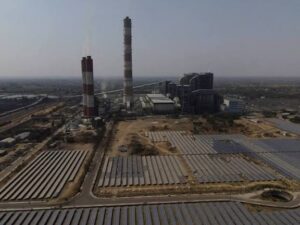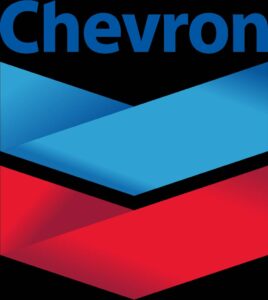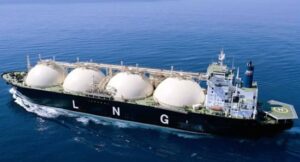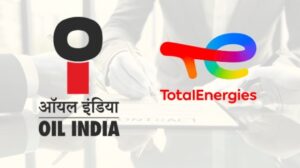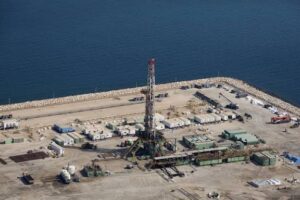Emadeb Petroleum Exploration & Production Company Limited has commenced commercial crude oil production at its Ibom Field in PPL 236, marking a significant achievement for Nigeria’s upstream sector and highlighting the growing role of local companies in boosting national oil output.
The offshore field, located about 30 kilometres from the coast, achieved first oil in October after several years of investment, engineering, and regulatory approvals. The project, initiated after Emadeb won the 2020 Marginal Field Bid Round, represents a total investment exceeding $100 million in a phased development programme. The field, originally discovered in 1979, holds an estimated 103 million barrels of oil in place.
Industry analysts note that the milestone underscores the potential of indigenous operators to drive Nigeria’s crude production, particularly as the federal government seeks to meet OPEC quotas and strengthen foreign exchange earnings.
Emadeb achieved key technical milestones leading up to first oil, including the successful drilling of the Ibom-03 well in September 2023, the integration of a Mobile Producing Offshore Unit in June 2025, and the commissioning of the field’s mooring system in September 2025.
Chief Executive Officer Adebowale Olujimi described the achievement as a demonstration of the company’s commitment to leveraging local expertise and disciplined investment to unlock Nigeria’s hydrocarbon potential. He emphasized that the project not only supports national energy goals but also promotes local content, job creation, and sustainable value.
Looking ahead, Emadeb is preparing Phase Two of the Ibom Field development, which will involve drilling two additional wells. The company aims to triple production by the fourth quarter of 2026, with a continued focus on safety, environmental responsibility, and community engagement.
The Ibom Field is being viewed as an early success story under the reforms introduced by the Petroleum Industry Act, which aims to encourage more Nigerian participation in oil and gas production and reduce reliance on international oil companies.
Nigeria has struggled in recent years to meet its OPEC production quota due to factors such as pipeline vandalism, ageing reservoirs, and downtime at major export terminals. In October 2025, the country produced an average of 1.401 million barrels per day, slightly up from September but still below its assigned OPEC quota of about 1.5 million barrels per day.
Emadeb’s milestone provides a promising example of how indigenous companies can contribute to increasing national output and supporting Nigeria’s energy security goals.


